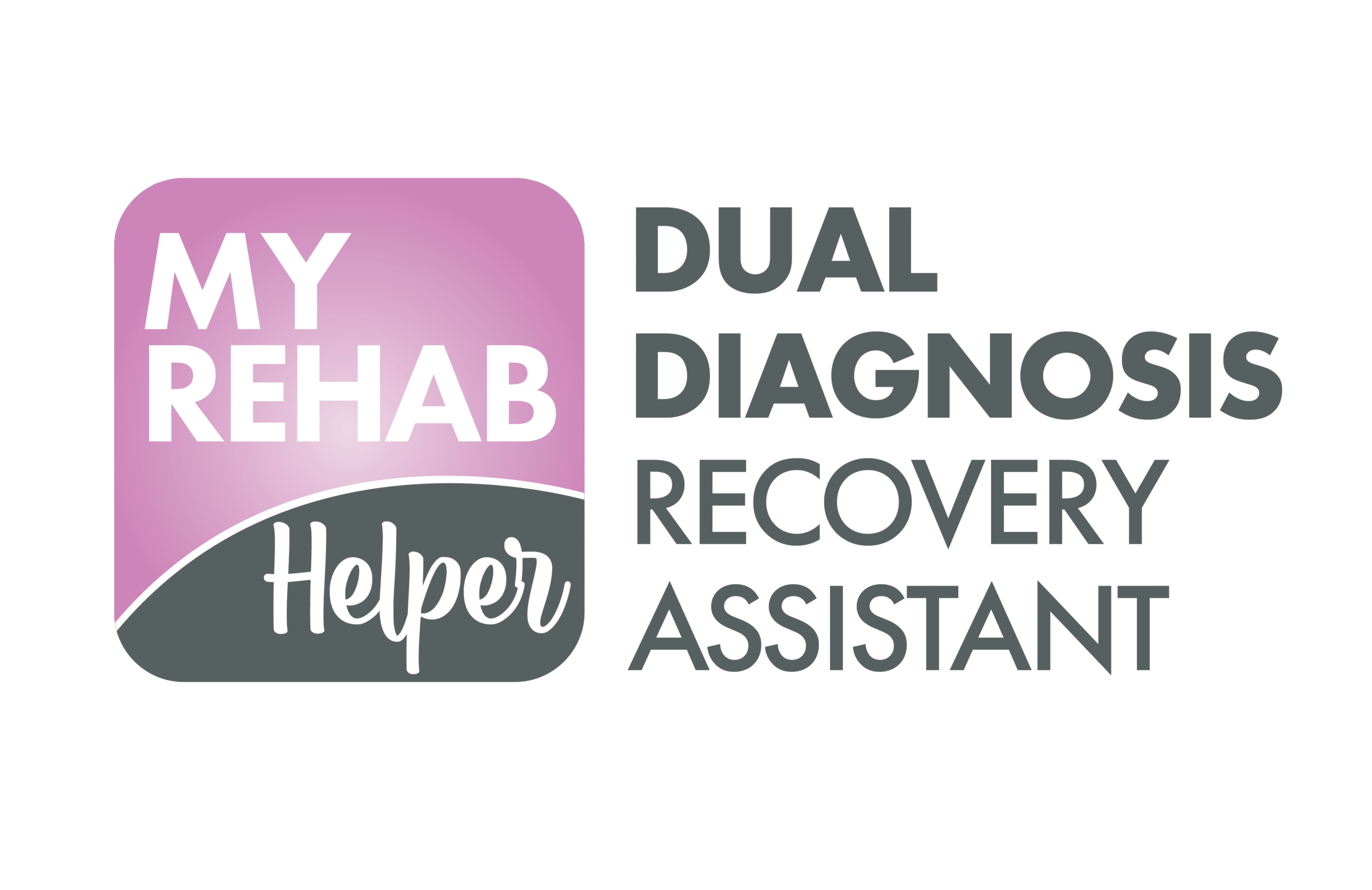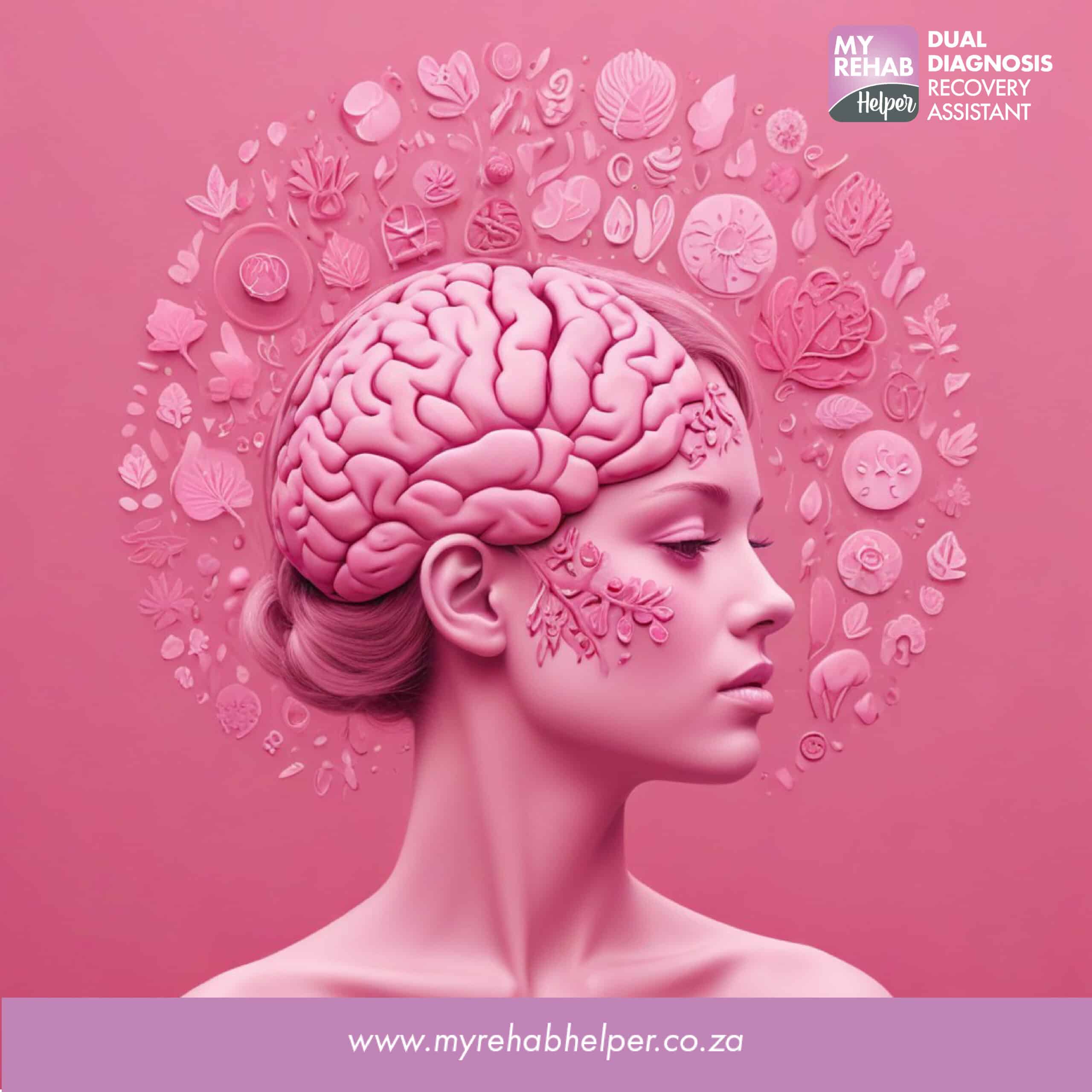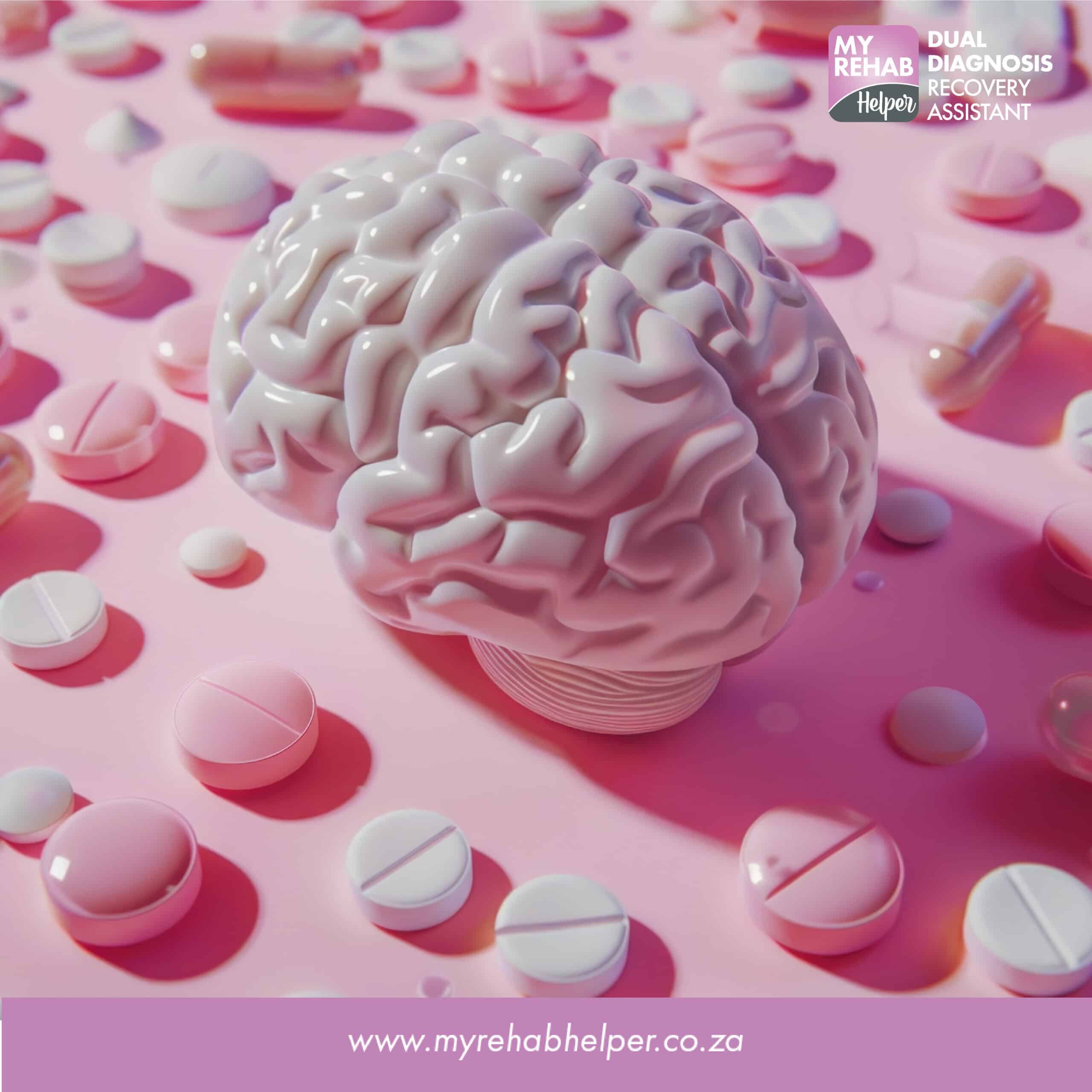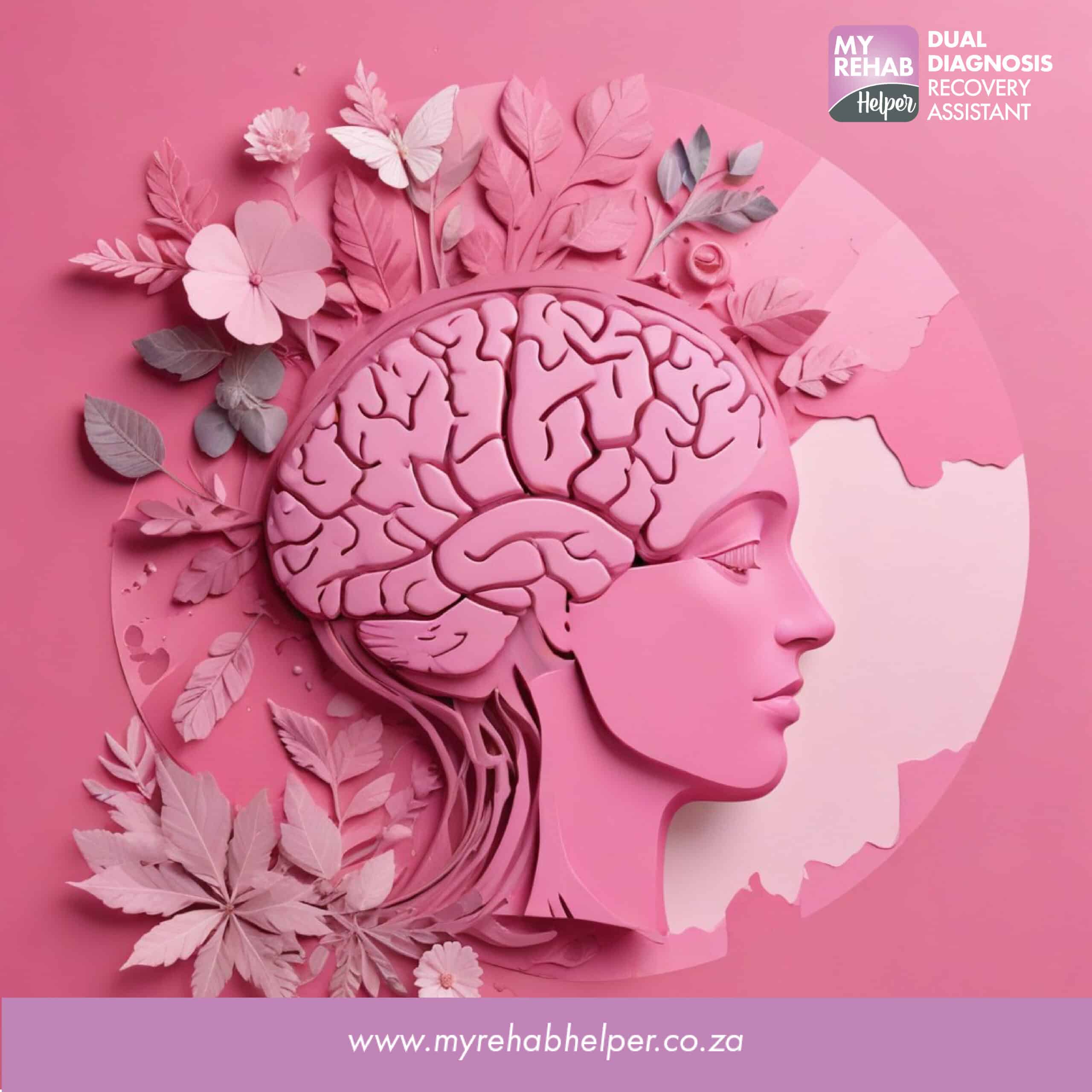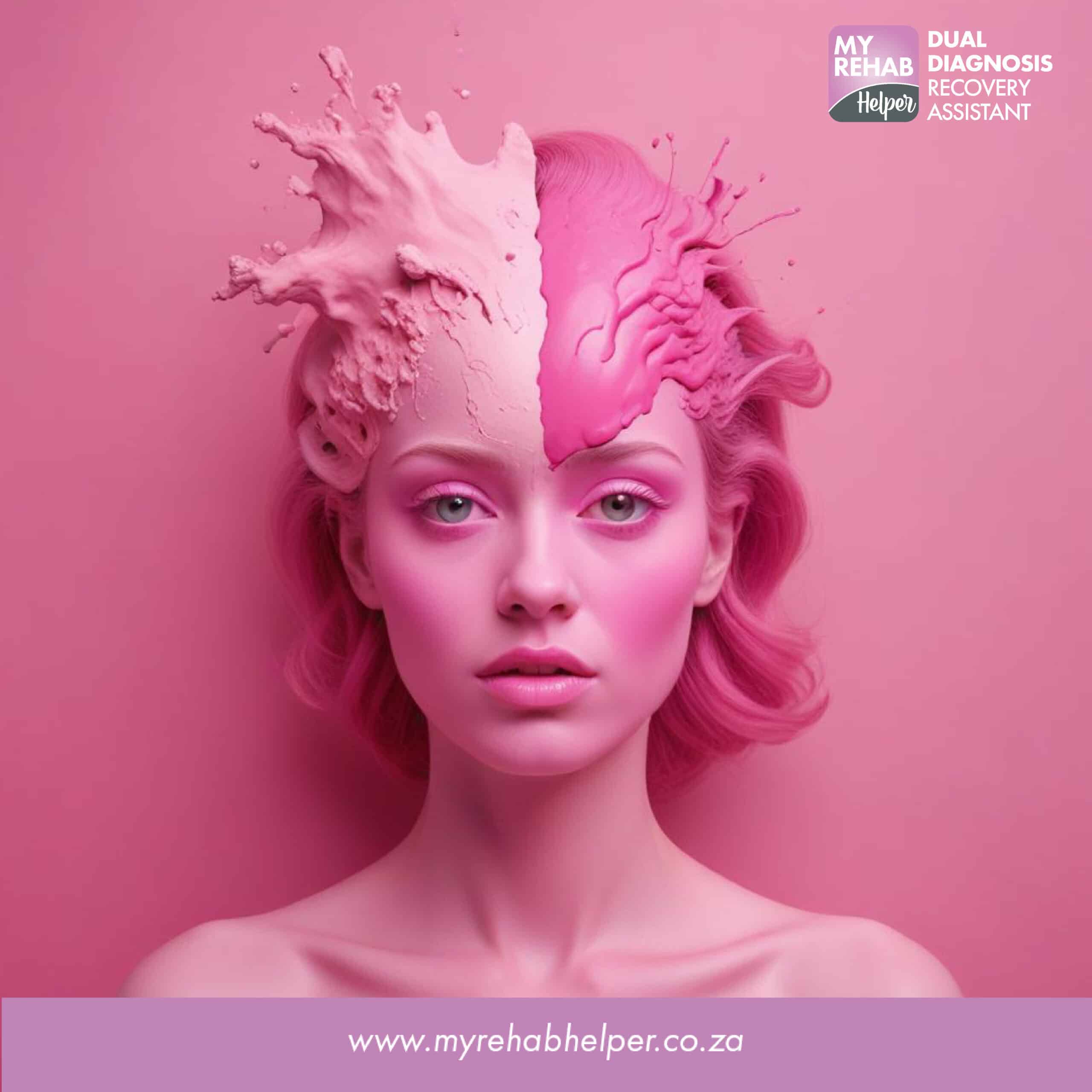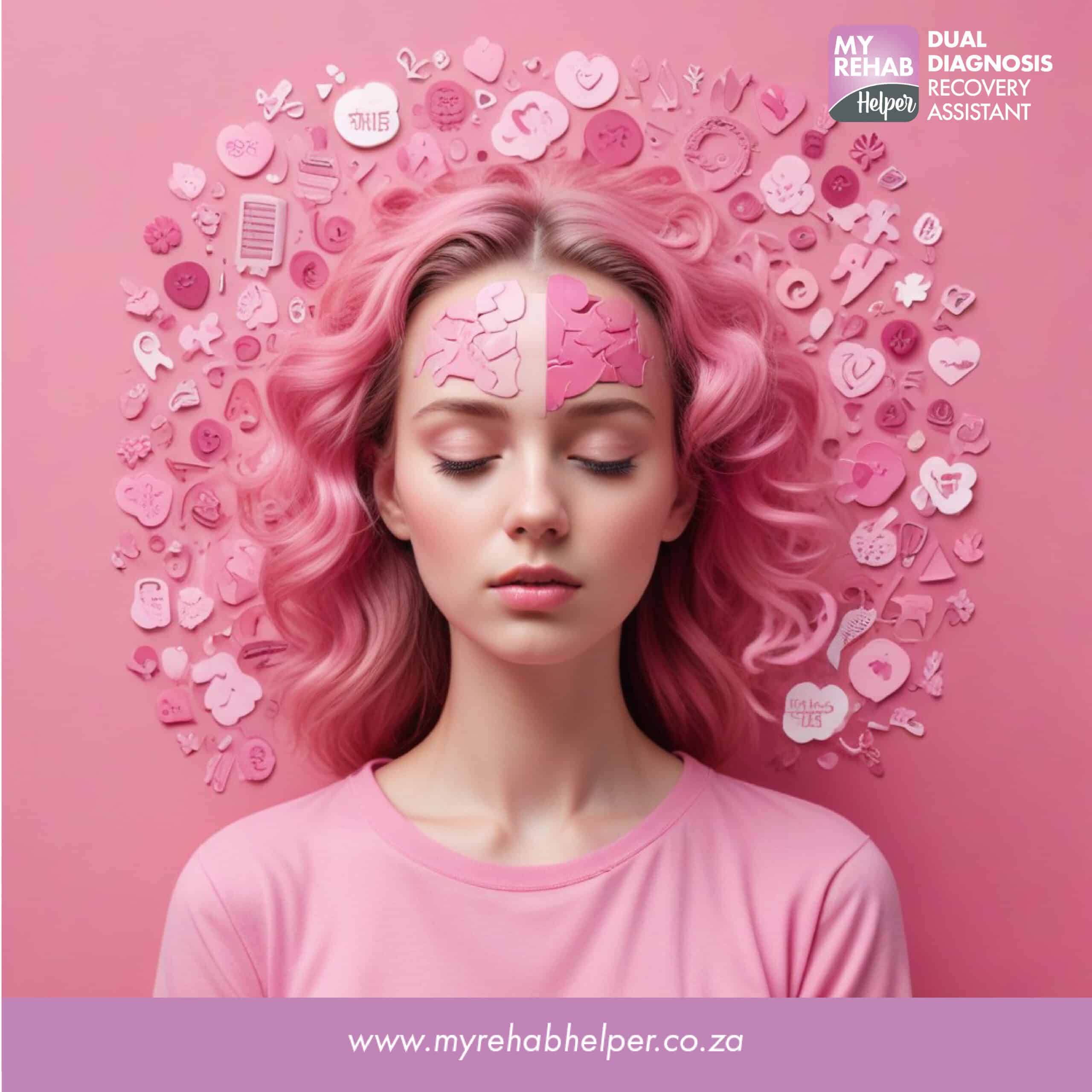Please note that our Midrand location is now at 181 Bekker Road, Vorna Valley, Midrand, and our MyRehab Helper Midrand contact number is 072 793 7717.
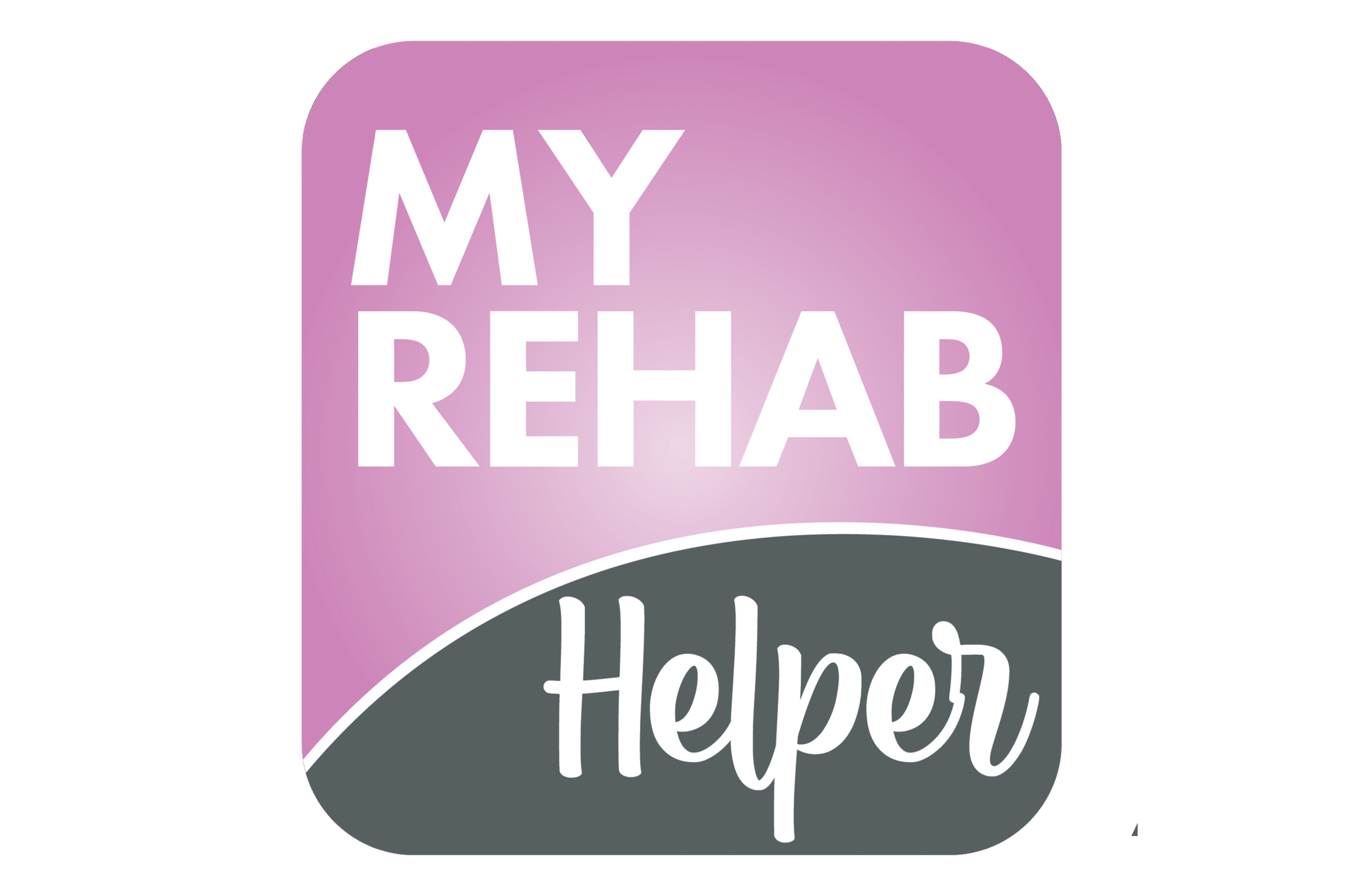
Peer Support in Alcohol Abuse Recovery
Peer Support and Group Therapy in Alcohol Abuse Treatment Centres in Midrand
Importance of Peer Support
Peer support plays a pivotal role in alcohol abuse recovery, especially in environments like alcohol abuse treatment centres in Midrand. Connecting with others who are navigating similar challenges provides individuals with a sense of community, understanding, and shared experience. For many, peer support creates a safe space to discuss struggles, celebrate progress, and gain insights from others who truly understand the journey. It offers both emotional encouragement and practical advice that can be incredibly valuable in the healing process. Unlike traditional therapy, peer support fosters a sense of camaraderie and solidarity, helping individuals realize they are not alone in their fight against alcohol abuse. Whether in group therapy sessions or support meetings, the power of peer connections is undeniable—creating a support network that continues to nurture growth even after formal treatment.
Role of Group Therapy
Group therapy is a cornerstone of treatment at alcohol abuse treatment centres in Midrand, offering a dynamic and supportive environment for individuals in recovery. In group therapy, participants have the opportunity to share their personal experiences and challenges, allowing them to gain diverse perspectives and learn from others' struggles and successes. The group setting not only encourages emotional expression but also promotes accountability, as members support each other in their commitment to sobriety. Through shared experiences, individuals can build trust, foster empathy, and develop stronger coping mechanisms that are vital for long-term recovery. The collaborative nature of group therapy also reinforces a sense of community, showing participants that recovery is possible with mutual support. It is often during these group sessions that individuals feel empowered to overcome isolation, break through denial, and strengthen their resolve to maintain their sobriety.
Benefits of Shared Experiences
The power of shared experiences in alcohol abuse recovery cannot be overstated. At alcohol abuse treatment centres in Midrand, individuals benefit greatly from connecting with others who have faced similar struggles. Sharing personal stories allows participants to realize they are not alone in their journey, which can significantly reduce feelings of isolation and shame. Hearing about others’ challenges and triumphs offers invaluable insights and practical strategies that can be applied in their own recovery. Additionally, these shared experiences foster a sense of camaraderie and understanding, creating an environment where individuals can offer and receive support without fear of judgment. The bond formed through shared vulnerability strengthens commitment to recovery and encourages individuals to stay focused on their goals. Whether it’s celebrating milestones or offering a word of encouragement during difficult times, shared experiences provide a foundation for mutual growth and healing, enhancing the overall recovery process.
Call one of our MyRehab Helpers now!
Contact one of our helpers for ethical referals to a facility or health care professional that suits your unique circumstances.
Structure of Group Sessions
Effectiveness of Peer Groups
Peer groups are a powerful tool in alcohol abuse recovery, offering unique benefits that enhance the treatment process. At alcohol abuse treatment centres in Midrand, the effectiveness of peer groups is evident in their ability to foster a sense of belonging and reduce feelings of isolation. Connecting with others who are going through similar experiences helps individuals realize that they are not alone in their struggles. Peer support allows participants to build empathy and gain insights from others who have faced and overcome challenges similar to their own. This shared understanding creates a safe environment where members can freely express their thoughts, fears, and triumphs without fear of judgment. The encouragement and positive reinforcement provided by peers can significantly boost confidence and motivation, which are crucial for maintaining sobriety. Furthermore, peer groups offer accountability, as individuals often feel a sense of responsibility to their peers, motivating them to stay committed to their recovery goals. As a result, the strength of peer support creates a foundation for long-term success, reducing the risk of relapse and promoting lasting change.
Facilitating Peer Interaction
Facilitating peer interaction is a cornerstone of successful alcohol abuse recovery at alcohol abuse treatment centres in Midrand. By encouraging open and constructive communication between individuals in recovery, treatment centers create a dynamic environment where mutual support and understanding thrive. Facilitated peer interaction allows individuals to share their experiences, coping strategies, and insights, which can provide valuable perspectives that might not be found in individual therapy sessions. These interactions help foster a sense of camaraderie, reinforcing the idea that recovery is a shared journey. Activities like group discussions, team-building exercises, and support circles are structured to encourage active participation and meaningful connections, ensuring that each individual feels heard and valued. As peer interaction grows, it not only strengthens individual commitment to recovery but also builds a community of support that extends beyond the walls of the treatment facility, offering continued encouragement and accountability long after formal treatment ends.
Training for Group Facilitators
Effective group therapy and peer support in alcohol abuse recovery rely heavily on skilled facilitators. At alcohol abuse treatment centres in Midrand, group facilitators undergo specialized training to ensure they are well-equipped to manage group dynamics, encourage open dialogue, and create a safe, non-judgmental space for participants. These facilitators are trained to recognize the unique challenges each individual faces and provide tailored support that helps individuals progress in their recovery journey. With a deep understanding of addiction and recovery processes, facilitators guide group members through sensitive topics, encourage emotional expression, and foster healthy communication between peers. The training also emphasizes the importance of maintaining group boundaries and confidentiality, ensuring that participants feel safe to share without fear of judgment or breach of privacy. This professional training helps build a foundation of trust and respect, making group therapy a valuable tool for healing and growth in alcohol addiction recovery.
Incorporating Family in Therapy
Incorporating family members into alcohol abuse recovery can significantly enhance the healing process. At alcohol abuse treatment centres in Midrand, family involvement is an essential part of therapy, as it helps rebuild relationships and creates a supportive network for long-term sobriety. Family therapy provides a platform for loved ones to better understand the complexities of addiction and the recovery process, equipping them with the tools to support their family member effectively. By involving family in therapy sessions, individuals can address any unresolved issues, improve communication, and break down the emotional barriers that may have formed due to the addiction. This collaborative approach not only strengthens family bonds but also provides a sense of unity and commitment, making it easier for individuals to stay on track with their recovery. Moreover, family involvement helps reduce the risk of relapse by fostering a stable and supportive home environment.
Peer Support Models
Peer support models play a crucial role in alcohol abuse recovery by offering individuals the opportunity to connect with others who have experienced similar challenges. At alcohol abuse treatment centres in Midrand, these models are designed to create a sense of shared understanding and empathy that is often absent in traditional therapeutic settings. By participating in peer support groups, individuals can receive emotional encouragement and practical advice from others who are on a similar recovery journey. This type of support fosters trust, reduces isolation, and helps participants feel understood and validated. Peer support models empower individuals to share their stories, celebrate their progress, and learn from each other’s experiences. Additionally, peer supporters can offer insights into overcoming obstacles and managing triggers, providing valuable guidance and mentorship. Ultimately, peer support models strengthen the overall recovery process and encourage individuals to stay motivated in their pursuit of sobriety.
Ethics in Group Therapy
Ethics play a vital role in ensuring that group therapy sessions at alcohol abuse treatment centres in Midrand remain a safe, supportive, and effective environment for all participants. Facilitators and group members are expected to uphold confidentiality, respect, and professionalism throughout the recovery process. Maintaining confidentiality ensures that individuals feel comfortable sharing personal experiences without fear of judgment or breach of privacy. Group therapy adheres to strict ethical guidelines that promote mutual respect and understanding among participants, fostering a non-judgmental space where everyone’s voice is valued. Additionally, therapists must navigate the dynamics of the group with sensitivity to avoid power imbalances and protect the emotional well-being of each individual. Ethical practices also ensure that boundaries are respected, and that no participant is coerced or manipulated during the sessions. By following ethical guidelines, group therapy becomes a productive and supportive setting where individuals can openly discuss their challenges and celebrate their recovery journey, knowing that their integrity and trust are safeguarded.
Community Building Activities
Community building activities are an essential component of alcohol abuse recovery at treatment centres in Midrand. These activities foster a sense of connection, support, and belonging, which are crucial for long-term sobriety. By engaging in team-oriented exercises, such as group outings, collaborative projects, or social events, individuals in recovery develop stronger interpersonal relationships that extend beyond therapy sessions. These activities help participants learn to trust others, communicate effectively, and work together toward shared goals, reinforcing the importance of mutual support. Community building also plays a role in reducing isolation, which can often trigger relapse. As participants build their social networks and find a sense of purpose in their recovery community, they gain the strength and encouragement needed to stay committed to their sobriety. These activities also provide opportunities for individuals to practice healthy social behaviors and develop new, positive habits that can replace the negative patterns associated with alcohol use. In addition, they encourage participants to support one another, creating a network of solidarity that extends beyond the treatment environment, promoting lifelong recovery and resilience.
Call one of our MyRehab Helpers now!
Contact one of our helpers for ethical referals to a facility or health care professional that suits your unique circumstances.
Impact of Group Size on Therapy
The size of a therapy group can significantly influence the effectiveness of alcohol abuse treatment at centres in Midrand. Smaller groups tend to offer more individualized attention, allowing therapists to closely monitor each participant’s progress and provide tailored guidance. In these settings, individuals may feel more comfortable opening up and sharing their experiences, which fosters deeper emotional connections and understanding within the group. On the other hand, larger groups can provide a broader range of perspectives, helping participants learn from a diverse set of experiences and approaches to recovery. The dynamics of a larger group often encourage individuals to step outside their comfort zones and engage more actively with others. The balance of group size is crucial—while too few participants might limit the variety of experiences, too many could overwhelm some individuals, preventing them from fully participating. The key is finding an optimal size that encourages meaningful interaction, emotional support, and a sense of community, helping individuals in recovery feel both heard and valued while they work toward lasting sobriety.
Case Studies of Successful Groups
Case studies of successful peer support groups in alcohol abuse recovery demonstrate the profound impact that group therapy can have on individuals seeking help. One example from alcohol abuse treatment centres in Midrand highlights a small, close-knit group where members bonded quickly through shared experiences, encouraging one another to confront personal struggles. This sense of trust and understanding created a supportive environment where individuals felt empowered to break through the barriers of shame and isolation that often accompany addiction. In this particular case, the group’s success was attributed to its ability to combine peer support with structured therapy, offering a blend of personal sharing and professional guidance.
Another case study shows the success of a larger, more diverse group that spanned various age groups and backgrounds. While initially, the diversity seemed to create challenges in communication, it ultimately fostered a rich exchange of coping strategies, perspectives, and motivation. The participants in this group were able to offer insights that were both relevant and novel, which helped members gain new tools to manage their recovery. By incorporating a variety of therapeutic techniques—such as role-playing and mindfulness exercises—into the group sessions, these individuals were able to navigate their journey toward sobriety with confidence. Both cases emphasize the importance of group dynamics, showing that with the right structure, therapy groups can offer immense value in the alcohol recovery process.

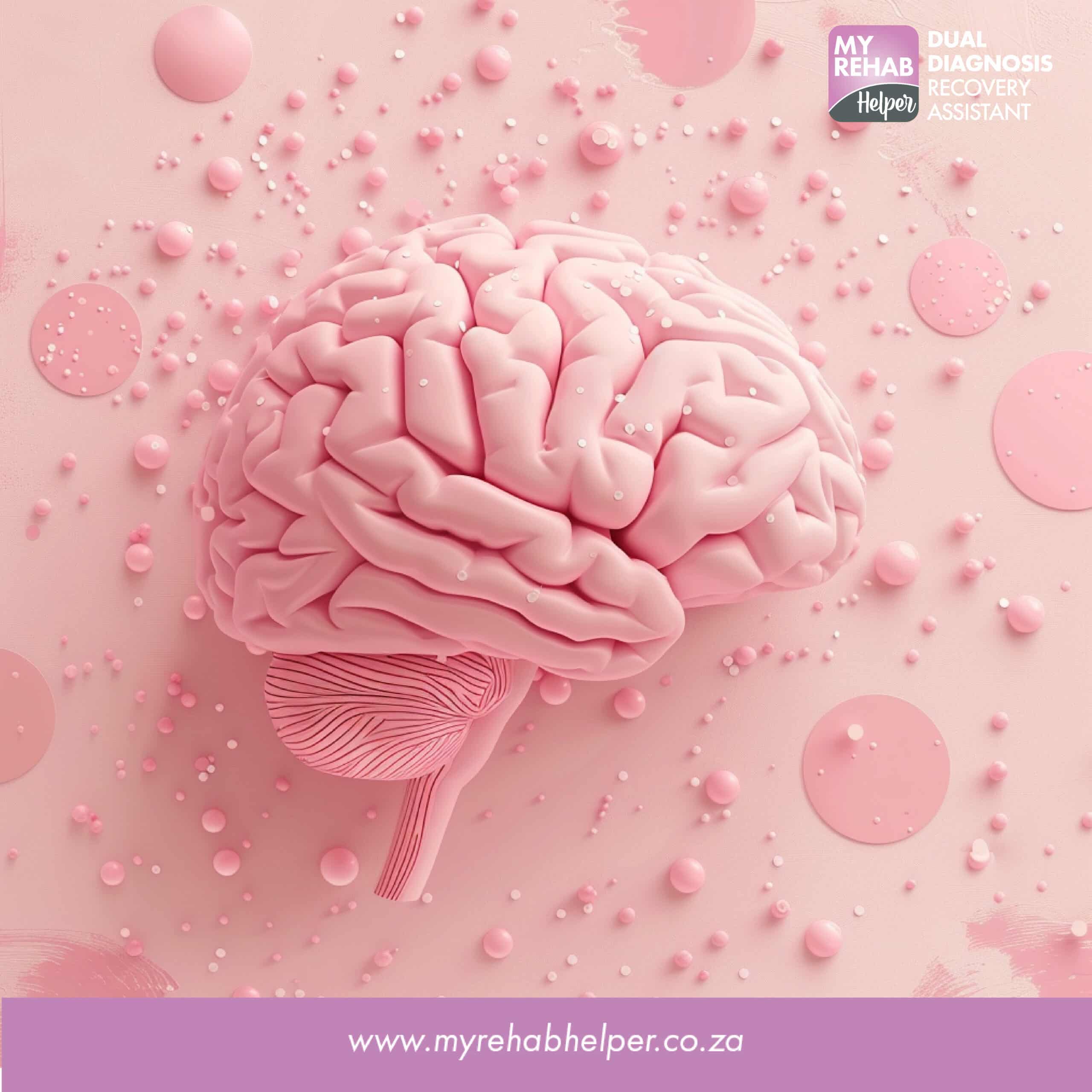
Future Directions in Peer Therapy
The future of peer therapy in alcohol abuse recovery is becoming more dynamic and inclusive, with advancements in technology enabling virtual support groups, online forums, and apps to connect individuals in recovery. These innovations offer flexible, accessible options for ongoing support, overcoming geographical and scheduling barriers. Furthermore, specialized peer support groups tailored to specific demographics, such as young adults or individuals with co-occurring mental health issues, are gaining traction, ensuring a more personalized experience for participants. As the focus shifts to long-term recovery, peer therapy will continue to be a vital tool in helping individuals maintain sobriety and build lasting, supportive connections.
Overcoming Challenges in Group Sessions
Overcoming challenges in group therapy sessions for alcohol abuse recovery requires addressing various dynamics that can arise within the group setting. These challenges may include differences in individuals' readiness for change, resistance to sharing personal experiences, or conflicting personalities among group members. Effective facilitation is key to managing these obstacles, ensuring a safe, respectful environment where all participants feel comfortable. Group leaders can implement strategies like setting clear guidelines, offering individualized attention when needed, and encouraging open communication. By acknowledging and addressing these challenges, group therapy can become a powerful tool for fostering healing and growth within the recovery journey.
Real-life Stories from Peer Groups
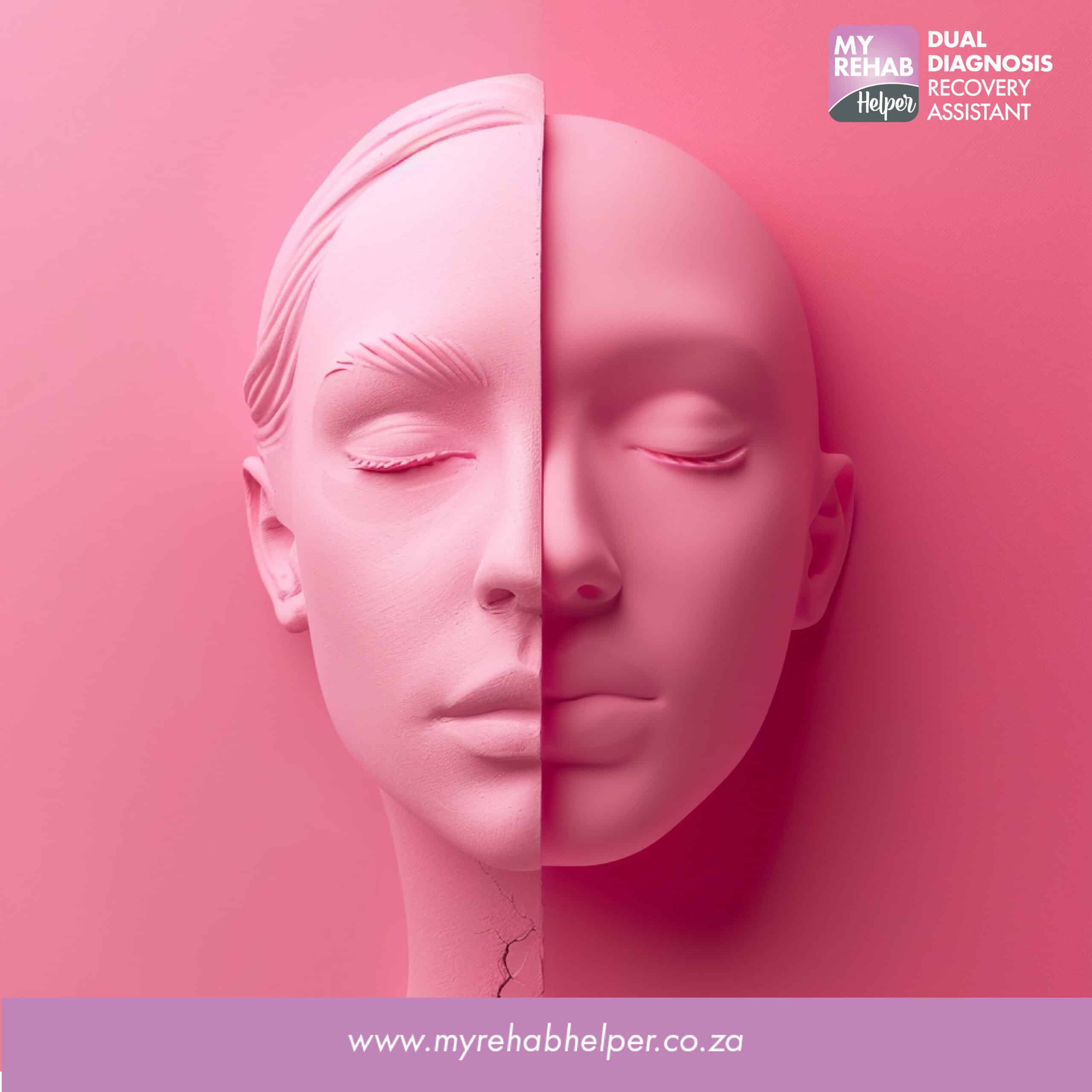
Contact MyRehab Helper
If you or a loved one is struggling with alcohol addiction, MyRehab Helper is here to provide the support you need. We understand that recovery can be a challenging journey, but with the right guidance and resources, lasting change is possible. Our team of professionals is dedicated to connecting you with the best alcohol abuse treatment options near you. Through personalized treatment plans, peer support, and group therapy, we offer a holistic approach to healing.
At MyRehab Helper, we’re committed to walking alongside you every step of the way. Our compassionate team will help you understand your treatment options, answer any questions, and ensure you have the support and care you need to thrive. Reach out to MyRehab Helper today to learn more about how we can help you or your loved one take the first step toward recovery. Let’s work together to find the path to a healthier, alcohol-free future.
